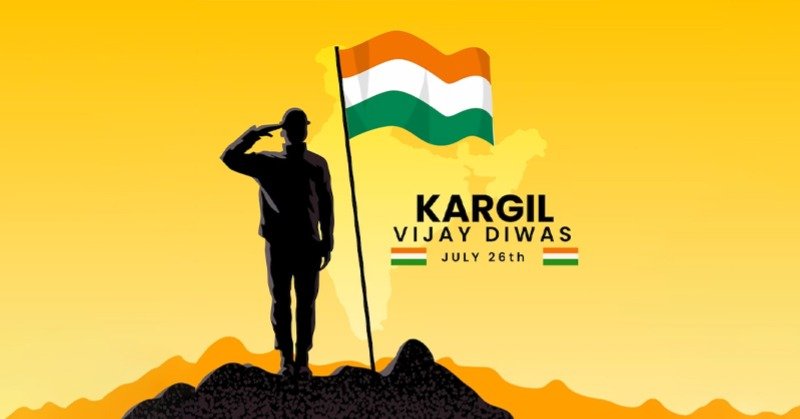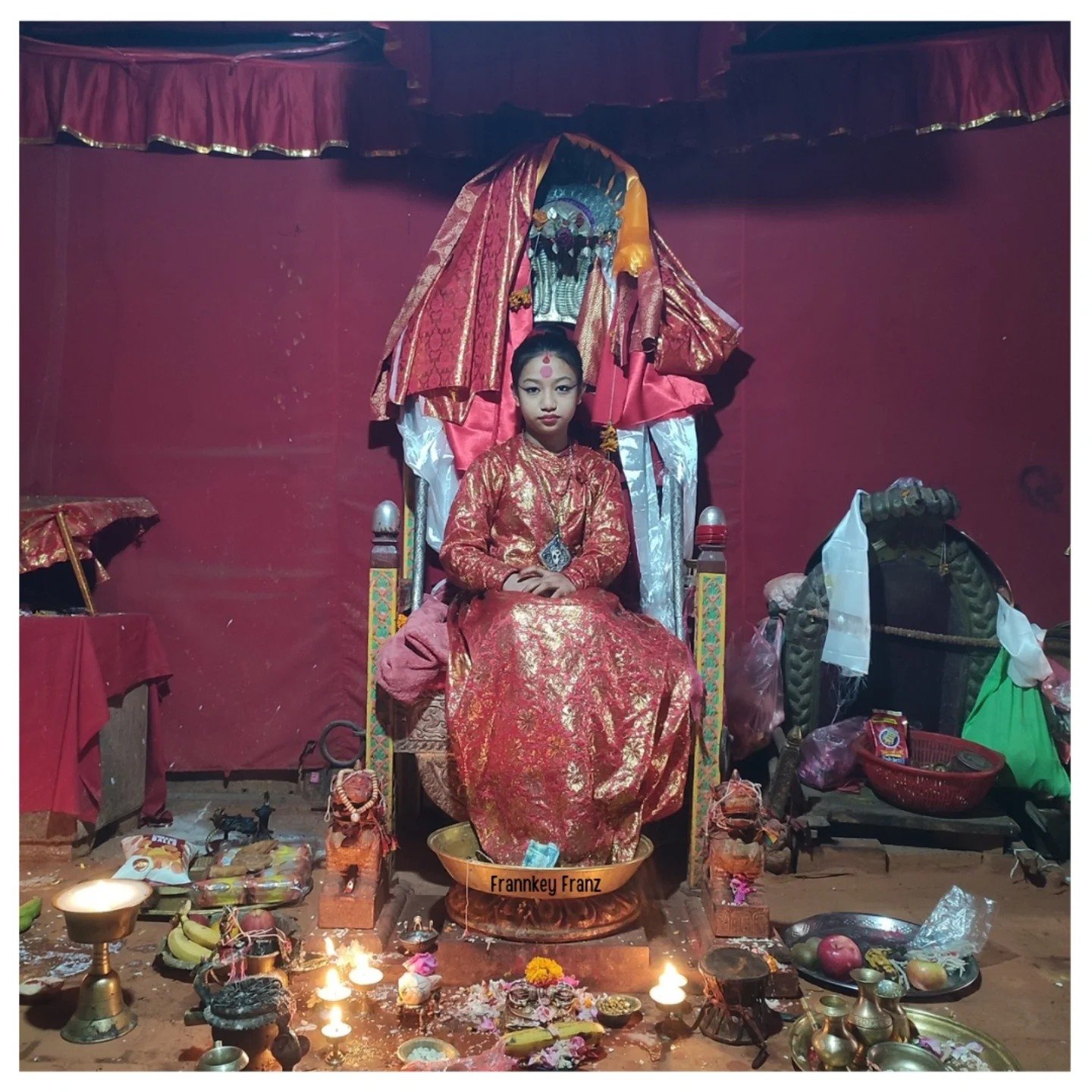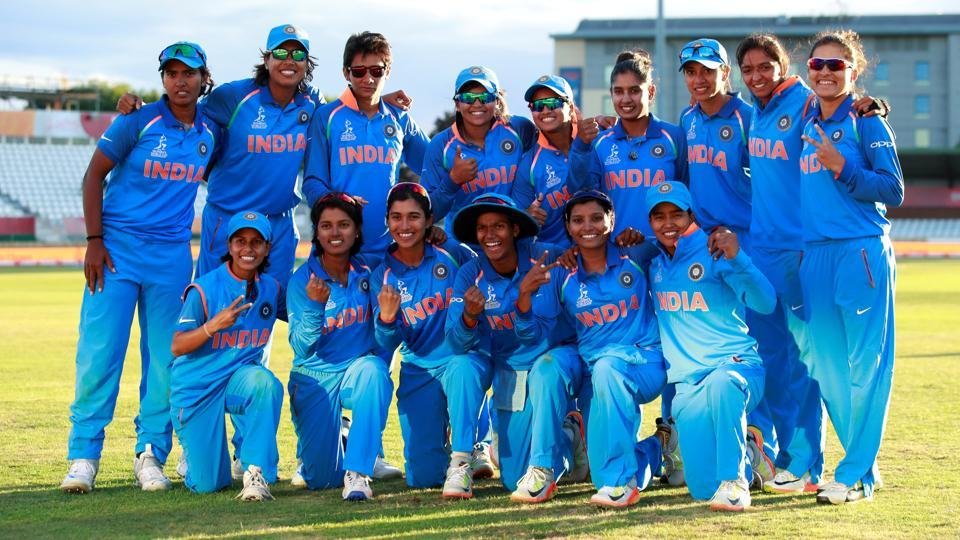A Night of Contrasts: Mahalaya in Bengal, Mourning in Assam
The people of Bengal stayed up all night, brimming with excitement and anticipation. They painted the roads, scattered flowers, and engaged in night-long revelry. No one slept, lest they miss the auspicious moment of Mahalaya, known as “Shondhikhoon.”
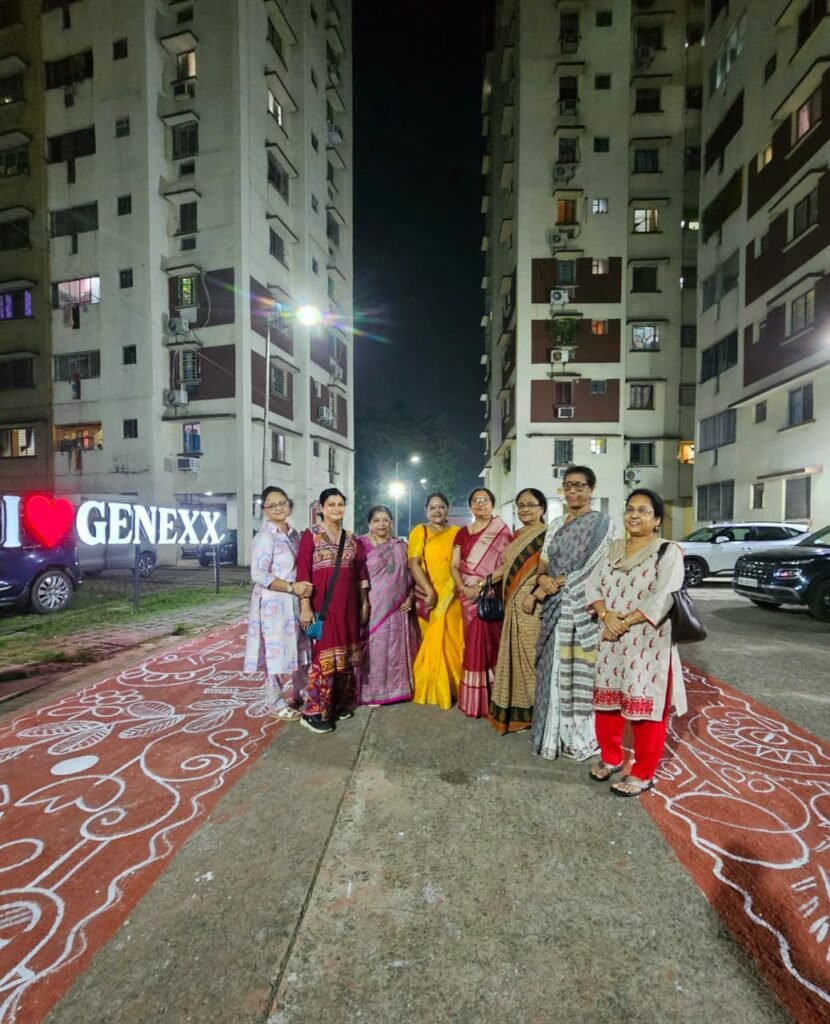
The much-awaited day is finally here – a day when Pitripaksha ends and Devipaksha begins. It is believed that on this day, ‘Oshubho’ ends and ‘Shubho’ begins! All ill-omens are cast away, and good fortune is ushered in.
Assam, a close neighbour to Bengal, also stood vigil through the night. The streets were alive with a procession of people, their footsteps keeping time with the rhythm of songs and soft chants. They decorated the roads with a carpet of scattered flowers, counting down the final hours to welcome their beloved hero – a figure of almost mythical stature, a living legend whose deeds transcended the ordinary.
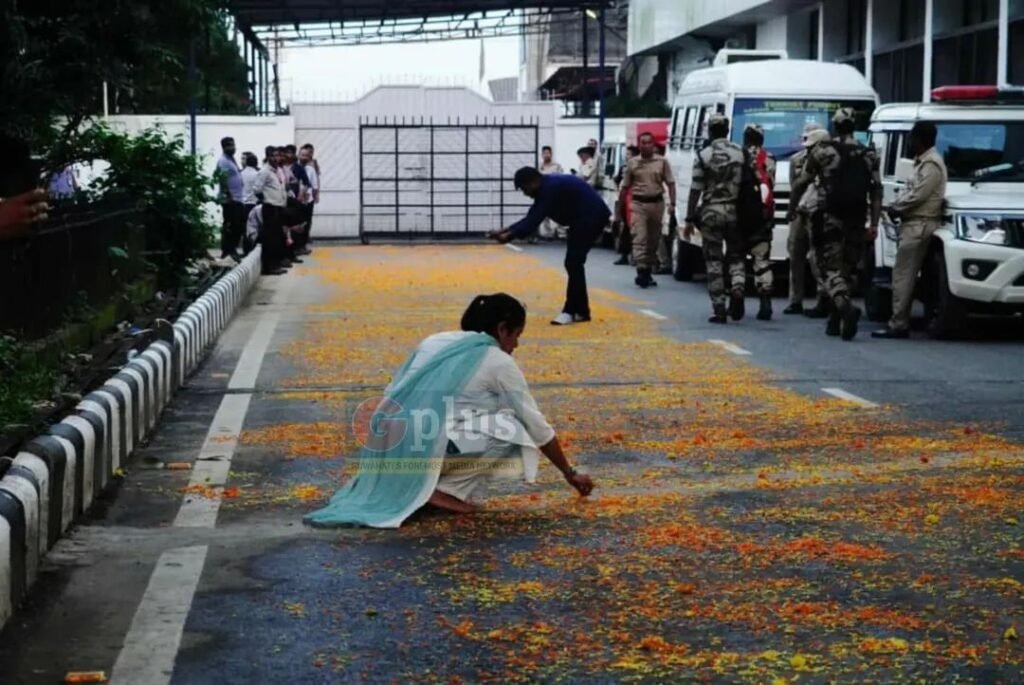
But the scenes were starkly different. While Bengal was bathed in joyous revelry, Assam was steeped in grief.
The faces in Bengal were alit with smiles of pure glee, but every person who stood vigil in Assam last night carried the fine lines of sorrow etched deep onto their faces, a silent and shared burden.
The Untimely Demise of a Legend
The iconic singer, Zubeen Garg, was scheduled to perform at the North East India Festival in Singapore 2025 on Saturday. But he passed away in an accident on September 19, 2025. It has been reported that he was swimming when a sudden epileptic attack claimed his life. His body was brought flown to Delhi and then to Guwahati. The mortal remains will be kept in the Arjun Bhogeswar Baruah Sports Complex for public homage from 9 am to 7 pm.
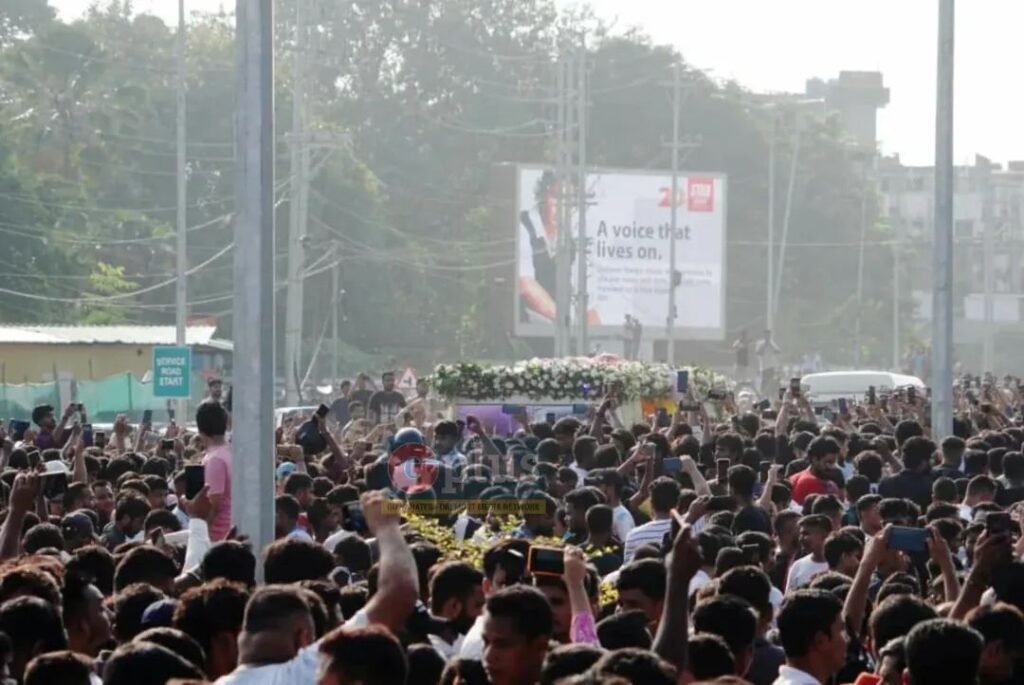
The Assam Cabinet will meet on Sunday evening to decide on the cremation venue.
Assam Chief Minister Himanta Biswa Sarma Assam received the singer’s body at the Delhi airport and paid his tribute. In a gesture of respect, the Chief Minister knelt to honour the deceased singer, who was fondly known as the ‘Voice of Assam.’ He draped a traditional Assamese Gamosa and a Bodo Arnai, both revered scarves, over the coffin, which was draped in black. He has announced three days mourning from 20 to 22 September, 2025. In a condolence message earlier, he called Zubeen “more than just a singer.” He reiterated that Zubeen’s music had the power to unite and inspire people.
Personal Reflections
Today morning, as Birendrababu’s voice filled the air, singing in praise of the goddess, my heart was heavy with sadness. My mind drifted to the news of the young man, a true prodigy who surpassed all conventional standards.
Zubeen Garg’s magical voice touched millions, and now he has come home for the last time – not to perform, but for a final, heartbreaking farewell. His death is a huge loss, a reminder of a life cut short just as the festive season begins, a stark contrast between the joy of Mahalaya and the deep sorrow felt across the region.
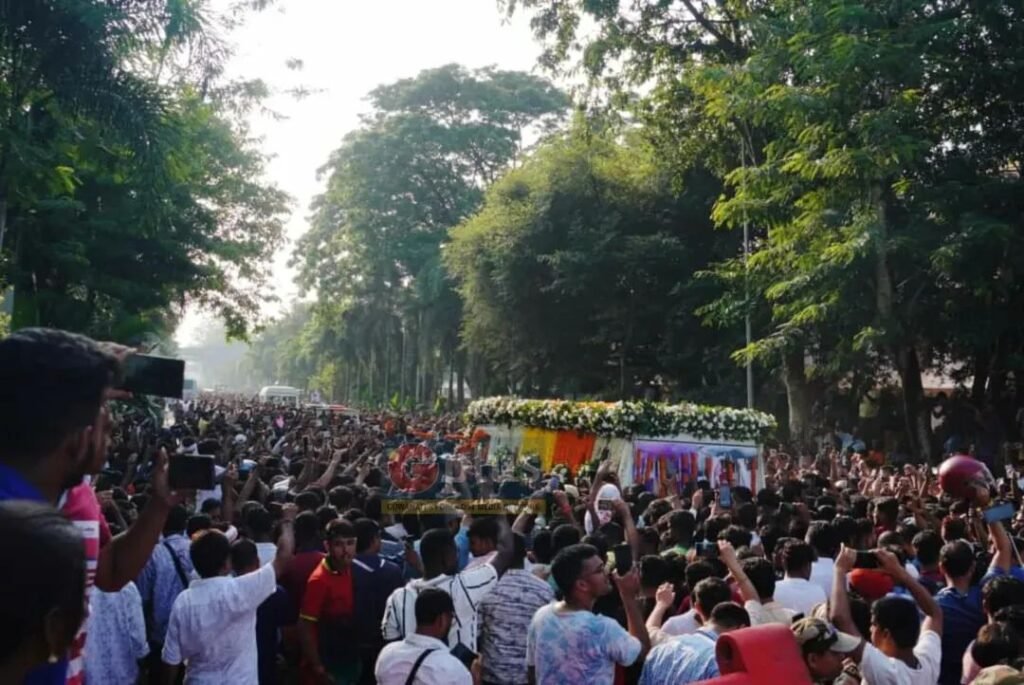
Untimely and tragic, I am trying hard to grapple with it.
I am not from Assam, and I am not Assamese, but the loss of Zubeen Garg feels personal.
It was 2005. We were newly married. My husband, Grey, decided to spend our first Durga Puja, with his parents in Bilasipara, Assam.
The pujo in their neighbourhood felt like our ‘barir pujo,’ our own family celebration, as my father-in-law was deeply involved. I loved the first four days, but my excitement was highest for Dashami. I had heard exciting stories about ‘bhashan.’
Trucks lined up for immersion and the people followed. As Bengali and Assamese songs blared, everyone in the procession began dancing.
I was ready to join in. Tucking the red pallu into my waist and hitching up my sari, I lifted my hands to dance and then I saw my husband’s parents.
A look of surprise, followed by disdain, crossed their faces. I ignored them, turning to my husband, who looked just as uncomfortable. He gestured for me to get out of the procession and join his mother in a rickshaw. Crestfallen, I got the hint and sat with my head down.
I skipped dinner that night.
Years passed, and the scene repeated itself. I blamed myself for being so meek.
Breaking Free with ‘Baro Mashey Tero Phool Phutey’
Then, in 2010, we were back in Assam. My son was almost a year old. The immersion had just begun.
I was about to get into a rickshaw with my son and mother-in-law. And then, I heard the song.
‘Baro mashey tero phool phutey….’
That was it. The rhythm of the song pulled me in. I placed my child next to my mother-in-law in the rickshaw, got down, tucked the pallu into my waist, lifted my sari a notch higher and joined the crowd. I danced until my legs ached and yelled with the crowd until my voice grew hoarse. I rubbed sindoor on everyone’s forehead and sang “Baro mashey tero phool phutey.”
The organizers kept repeating the song because “mastermoshai er boro bou” (the oldest daughter-in-law of the teacher) had requested it.
The Enduring Legacy
That day, Zubeen Garg’s music didn’t just entertain – it touched a raw nerve. It was through his songs that I learned a lesson: to shed the facade and reveal my true self. His artistry gave me the courage to break free from the stereotypes, reservations, and barriers that had held me back. His voice was a catalyst for my own personal liberation.
Since then, no matter where I am, we play that song and dance to it every year.
‘Baro mashey tero phool phutey,’ (Thirteen flowers bloom in twelve months) is the title of a popular Goalporia (Assamese) folk song. It’s a metaphor, and highlights the abundant and continuous flowering, symbolizing a time of deep love, separation, and nostalgia. The phrase also relates to the Bengali saying, “Baro mashe tero parbon” (thirteen festivals in twelve months), emphasizing a rich and vibrant cultural experience. In the lyrics: ‘Na jaiyo shoi re, oi na Jamunar jole’ (Don’t go, my friend, to the waters of the Jamuna), I yearn to turn the clock and plead with Zubeen, “Na jaiyo na jaiyo….!”
Zubeen… I am at a loss this year. It is difficult to imagine the days ahead, without your presence, your voice, and your life. The heartache is a lot to bear.
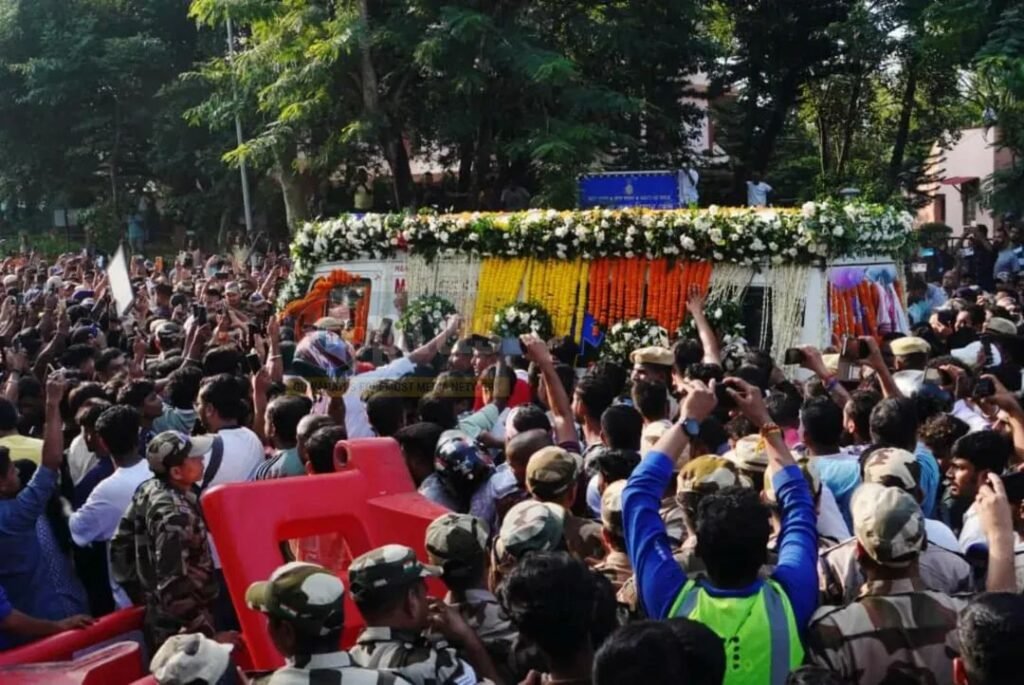
Rest in music, my emancipator!
Do listen to the
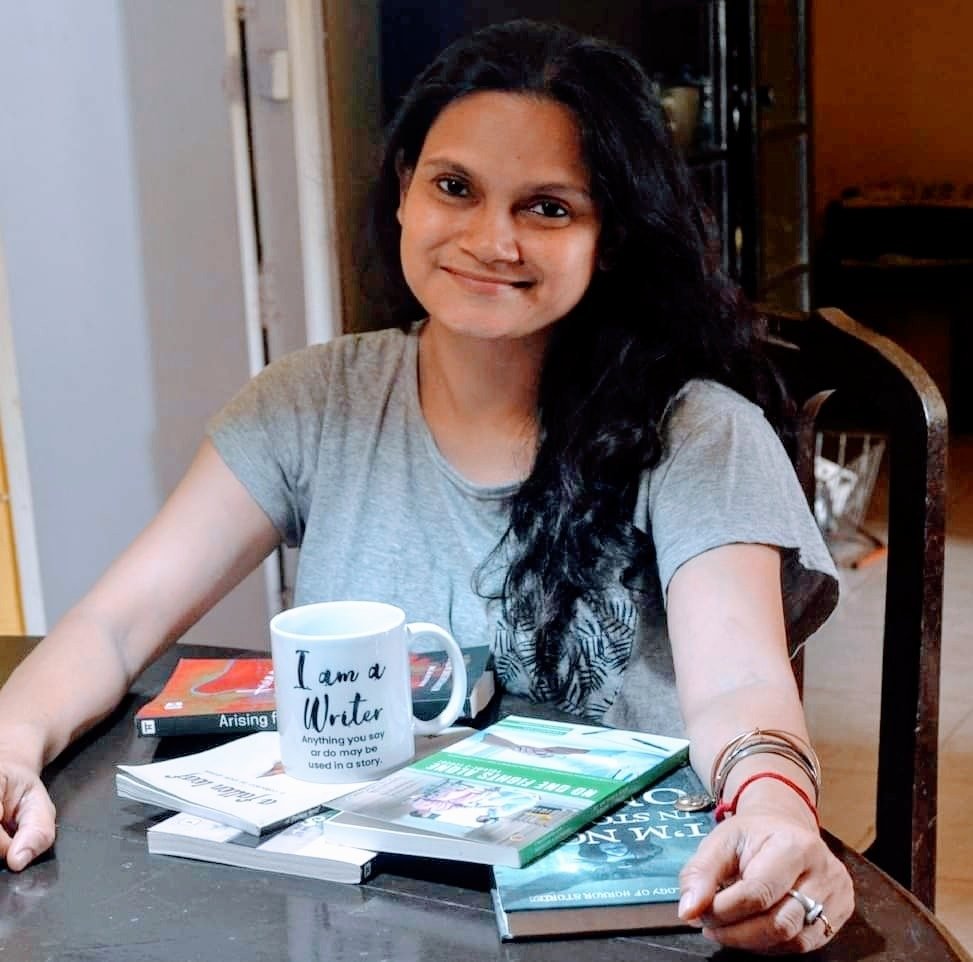
By Sreemati Sen
Sreemati Sen holds a Masters in Social Work from Shantiniketan. A Development Professional,
she has specialized in Psychiatric Care of Differently-abled children. Years of experience in
Social and Consumer Research are also a part of her portfolio. Her stories have been featured in
various anthologies.
She can be contacted at Sreemati123p@gmail.com.







